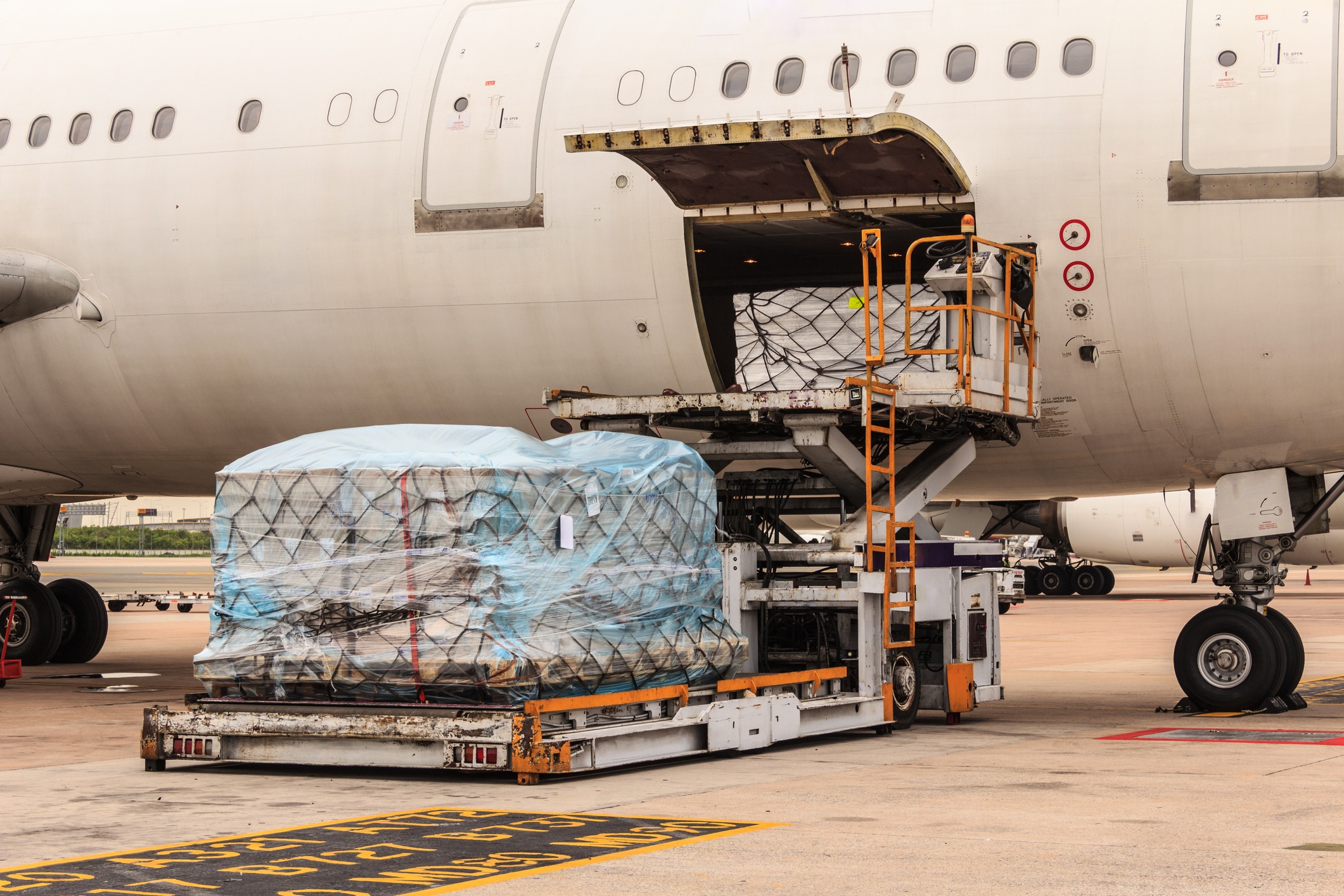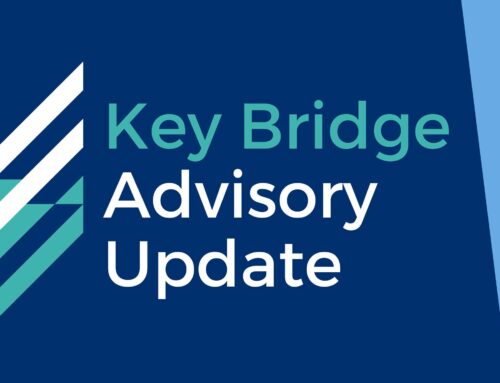Global forwarders have dramatically expanded air charter networks to compensate for the long-term absence of belly cargo on passenger flights, and that costly option will ensure air freight prices remain elevated through the year.
Even when below-deck space does return at scale — which is not expected before 2023 at the earliest — rates in fixed-price block space agreements (BSAs) are likely to be significantly higher than pre-pandemic levels.
“Airlines wish to grab more business with better yield when the market is booming. Consequently, they reduce the BSA portion in order to optimize revenue,” China Airlines’ communications department told JOC.com in an email.
“It is indeed getting difficult to reach an agreement with forwarders on BSA rates, of which agents rely on a price that works, while airlines wish to set the rate in line with its revenue expectation,” the airline added.
For the moment, the BSA option is largely unavailable on the major trade lanes and shippers are battling for limited commercial airline space on the highly elevated spot market, or being served by costly chartered capacity.
“We see airlines throwing out forwarders with BSAs to sell the plane as a full charter to the highest bidder,” Jochen Thewes, CEO of DB Schenker, told JOC.com in a recent briefing. “There are clearly not enough flights, so we still see a high demand for full charters.”
With chartered freighters on routes out of Asia costing up to $3 million one way, only the largest forwarders have the customer base and volume to justify the expense. And as the Omicron variant pushes back the full return of international travel, charters will continue to dominate the air freight market.







